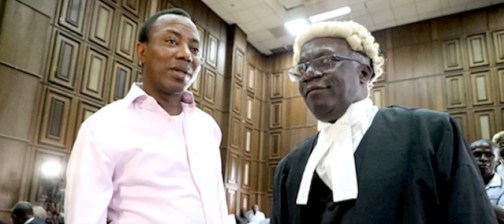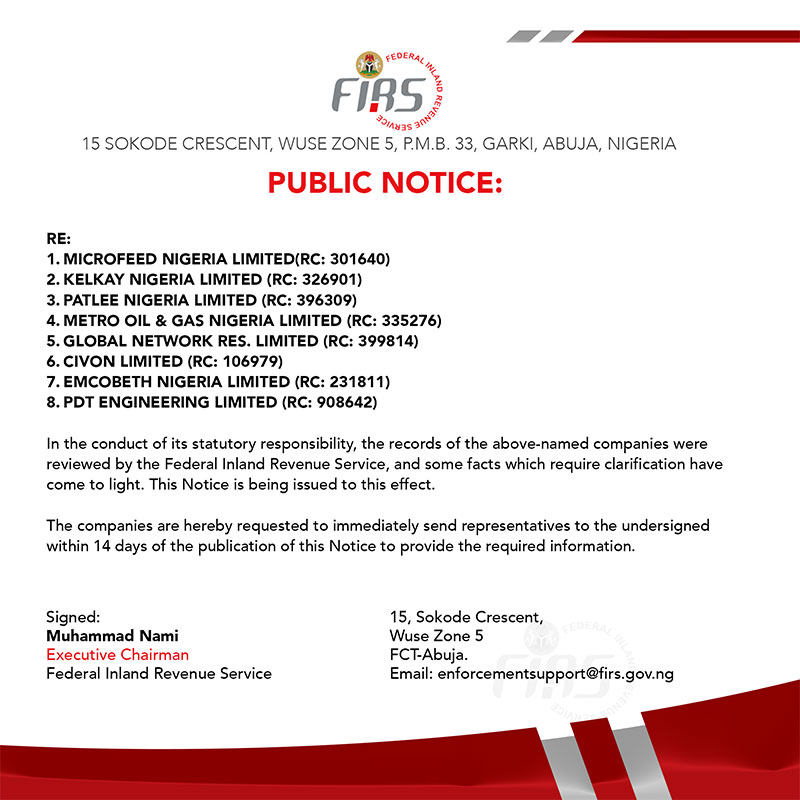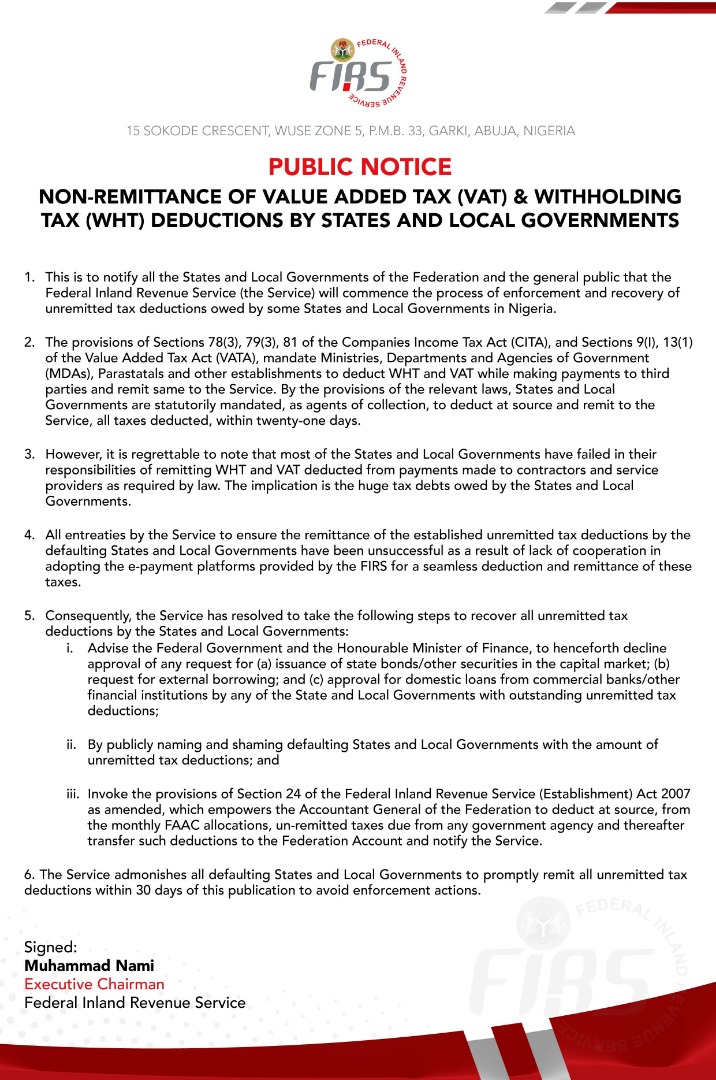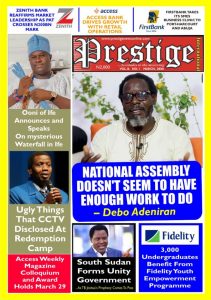By Carl Umegboro
The invasion of Justice Ijeoma Ojukwu’s court by operatives of the Department of State Security Service (DSS) to rearrest the presidential candidate of African Action Congress in the February 2019 general election, Omoleye Sowore, has generated uproars.
The incident occurred a day after his release from custody on bail for alleged threat of revolution to change a constituted government and other treasonable felonies.
In protest over his rearrest, the Civil Societies Organizations (CSOs) have handed a 14-day ultimatum to the presidency for his immediate release, and vowed to commence mass actions if unheeded.
Prior to that, DSS had refused Sowore’s release after his bail, on the premise that his sureties must show up, possibly to circumvent unforeseen technicalities about his whereabouts afterwards.
Consequently, Sowore approached the court and secured an order to be released alongside monetary compensation. The agency complied.
Following the invasion, Justice Ojukwu suspended her slated cases and met with DSS team leader and counsel of both parties in her Chambers. By deductive reasoning, the judge wouldn’t have convened an instant meeting in her Chambers with parties if no invasion took place. Besides, Sowore’s counsel, Femi Falana (SAN) averred the DSS team leader apologized over the invasion which has not been refuted. Logically, one cannot approbate and reprobate at the same time.
In other words, the proper actions for the presidency would have been to condemn the ugly development, and then investigate it accordingly. This would have saved all the uprisings. Admitted, security agencies albeit under the presidency doesn’t need special approval to perform statutory duties, however, the president remains vicariously liable of their omissions and commissions in the course of duties.
Irrefutably, security agencies are tools constitutionally provided the President for protecting life and property, enforcing laws, and maintaining peace and order in the society.
However, in the present circumstance where the suspect had been arraigned and granted bail, and released with fines against the agency, it is dutiful that the agency ought to first seek for special approval from presidency particularly the Attorney General of the Federation who is the chief legal officer of the federal government prior to his re-arrest, knowing that the agency had arraigned the suspect.
As a rule, if the suspect had breached the bail conditions, it is expected that the court must be put on notice accordingly and not to act arbitrarily. It would have been a different ballgame if the arrest was by another agency; Police or EFCC on offences unrelated to national security which is pending in the court, however, provided not in the court as it were in the present episode.
Thus, since Sowore is facing prosecutions on alleged threats against national security, whatever related misconducts while on bail will be tantamount to breach of bail conditions. And that can only be affirmed by the court. Security agencies cannot rearrest a suspect for alleged breach of bail terms without order of the court, except where urgency is patently required to avert capital offences like homicide. Any other omissions or commission must be respectfully presented to the court prior to any actions.
Likewise, the media wars and counter-attacks are worrisome particularly a justification that US Federal Bureau of Investigation (FBI) had arrested a suspect in the court. Ditto on the claim that Nigeria as a sovereign nation doesn’t need to listen to global community.
Instructively, international community can interfere against gross abuse of human rights despite sovereignty. Equally, an error in America cannot become a model in Nigeria. Of course, Nigeria is not a copycat, otherwise, it would have adopted the obnoxious US laws on gay-marriage.
It is therefore imperative that the media unit should live up to expectations. The media wars are uncalled-for. And it is absurd for media aides to present inflaming and diverse positions which is indicative of no coordination. Media aides cannot have conflicting opinions on sensitive national issues. There must be unanimity and cautiousness before making public statements. Possibly, a proficient person could be consulted for guidance.
Above all, explanations to the people are vital, and synonymous with accountability which is a part of democratic norms, and no society can grow without the support of the people. Undeniably, scores of citizens out of frustrations could resort to provoking remarks. Nonetheless, government still owes a duty to give appealing explanations.
Media assignment goes beyond mere information for any government. Public enlightenment is crucial in governance. Anambra State Governor, Willie Obiano, recognized this fact by assigning the portfolio of ‘Commissioner of Information & Public Enlightenment’ which has tremendously helped him in carrying the people along. This is worthy of note.
To some, the nation cannot subscribe to distractions and uncertainties when the President is hunting for foreign investors. The ugly episodes, obviously did not reflect growth in the nation’s democracy. Visibly, masses are up the creek and therefore, any actions not directed towards their reliefs is a misplaced priority. Simply put, a blunder.
Imperatively, foreign investors must convincingly have confidence in rule of law in any country to be able to become stakeholders. Presently, translating Buhari’s ‘Next-level’ packages into reality must be the priority, and not inconsequentialities. This is time for serious business; to rescue the suffering masses from miserable conditions created by selfish political leaders.
Umegboro is a public affairs analyst and Associate, Chartered Institute of Arbitrators (United Kingdom). 08023184542 – SMS only.





























